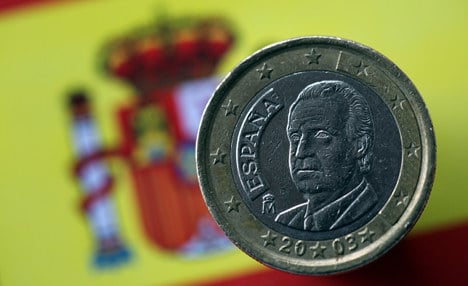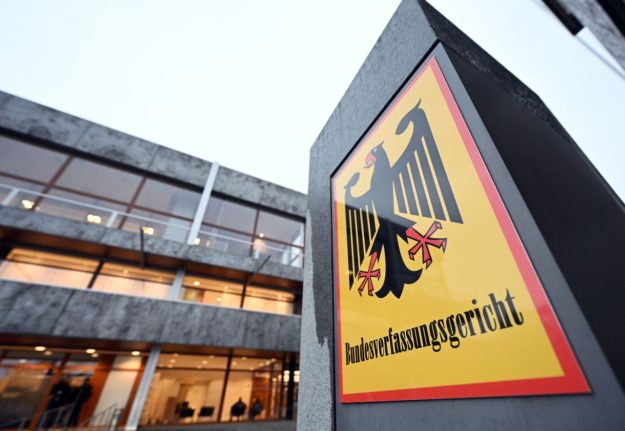“If Spain feels overwhelmed by its financial needs, it should use the instruments which have been created for that,” Weidmann said in an interview to appear Sunday in the weekly Welt am Sonntag.
“The motto must not be: Above all no rescue funds. Hoping for central bank aid to avoid fulfilling one’s responsibilities is a bad move,” the Bundesbank chief was quoted as saying in a pre-release of the interview.
In Madrid, a Spanish finance ministry spokeswoman said earlier in the day that Madrid had not changed its position and was not seeking aid for its banking sector.
“There has been no change,” the spokeswoman replied when asked if the government had changed its position in the face of intense pressure to seek tens of billions of euros in new capital so banks can resist severe financial shocks.
She spoke ahead of a scheduled emergency conference call by eurozone finance ministers to discuss how to help Spanish banks.
The ministers were expected “to agree a declaration on Spain’s intention to request aid and the Eurogroup’s commitment to granting it,” a European government official said.
Earlier, another official who also asked not to be identified said the 17-member eurozone expected the Spanish aid request “any time now.”
If Madrid does ask for help, it would mean the eurozone sovereign debt crisis has defied desperate attempts to contain the crisis to Greece, Ireland and Portugal.
It would also thrust the eurozone into uncharted waters – Spain’s economy is more than twice the size of those three countries combined.
AFP/jcw



 Please whitelist us to continue reading.
Please whitelist us to continue reading.
Member comments